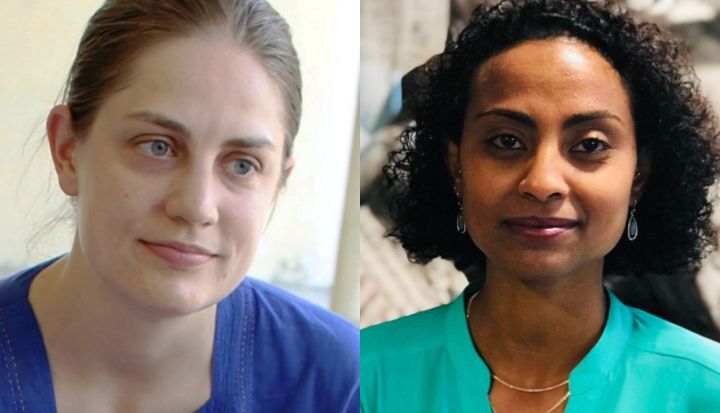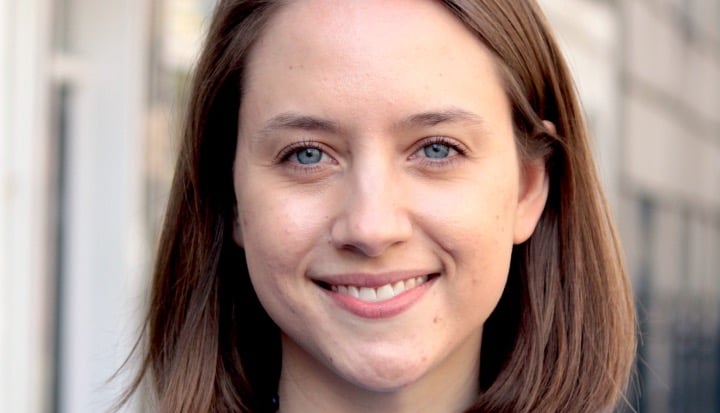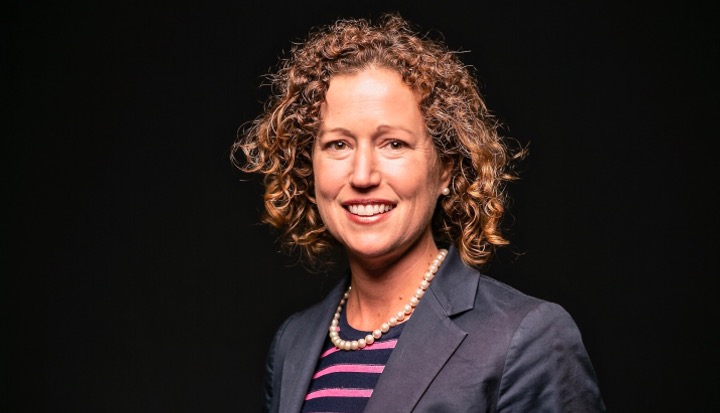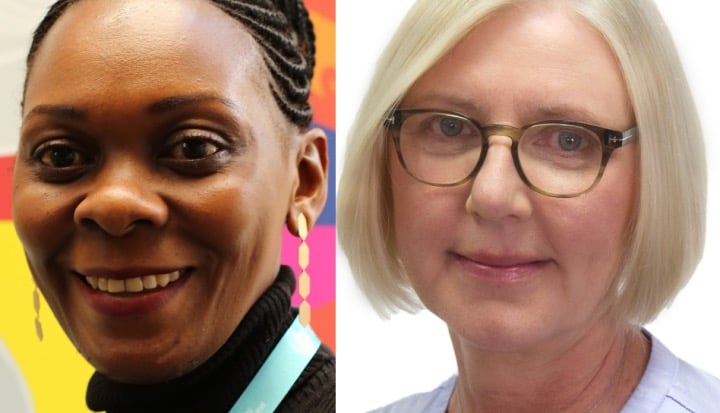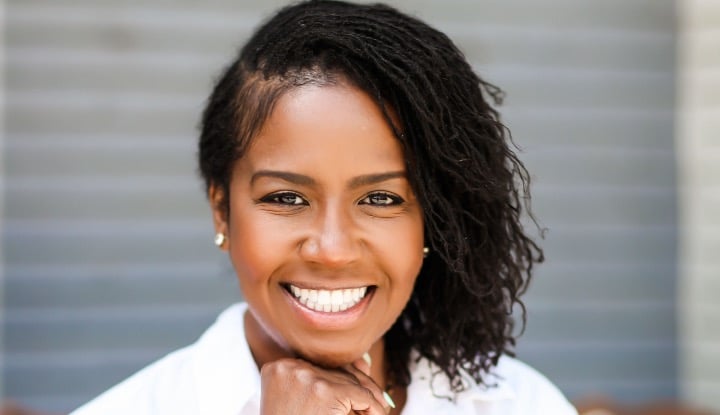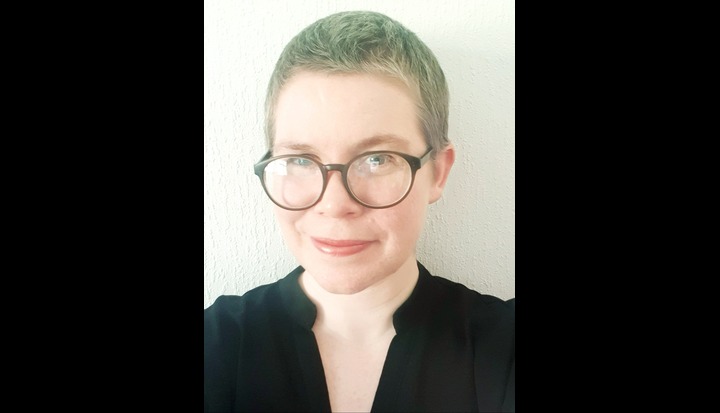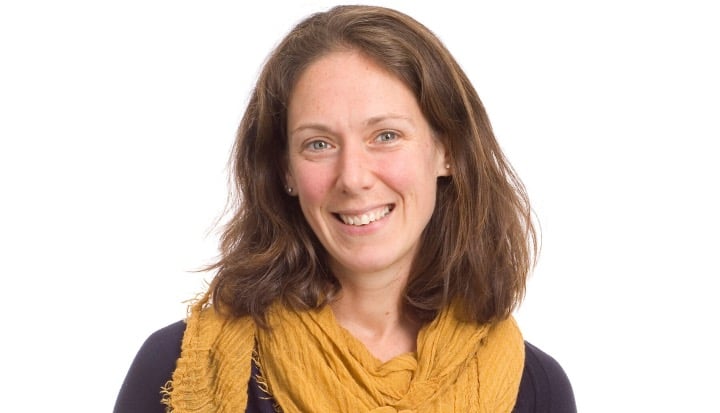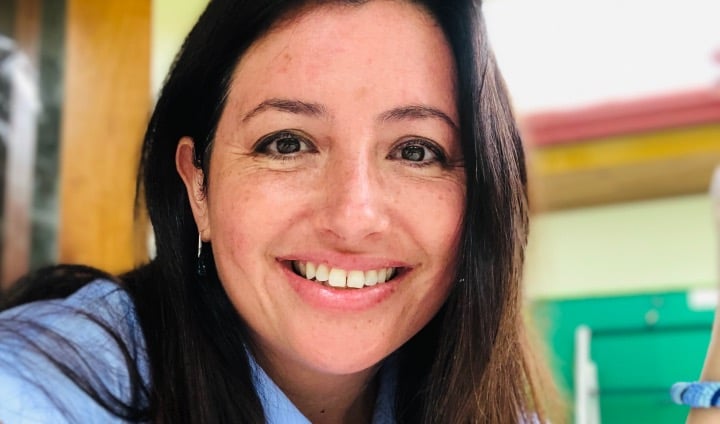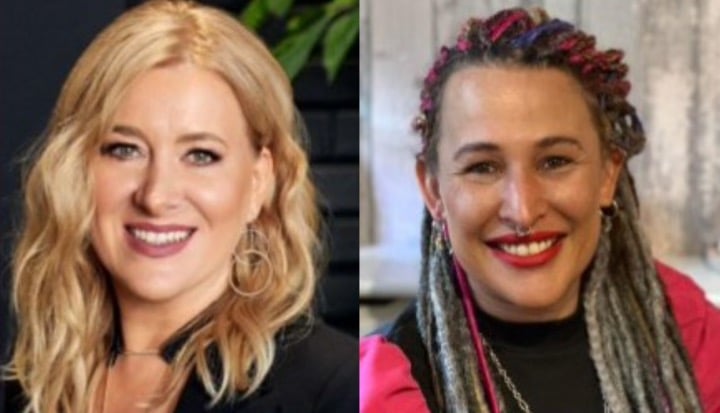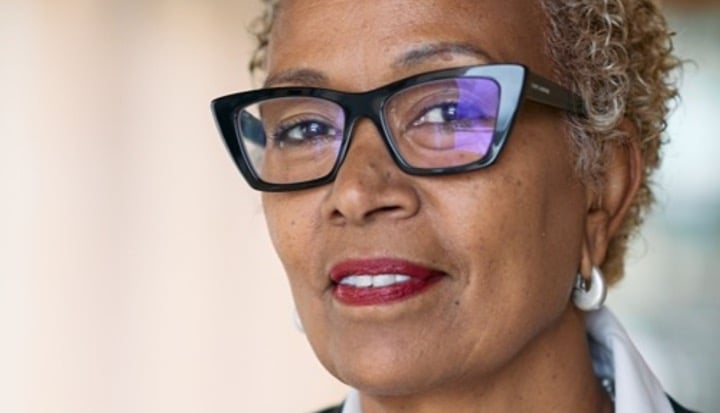BFP: What do you do?
 AG: I lead the work on markets and private sector engagement for Practical Action, an international NGO set up by E. F. Schumacher, a radical economist in the 60s. I’m based at Head Office, we have seven regional and country offices in Africa, S Asia and Latin American. My job involves helping the organisation to develop approaches that tap into the potential of market systems and the private sector to achieve greater impact for those living in poverty.
AG: I lead the work on markets and private sector engagement for Practical Action, an international NGO set up by E. F. Schumacher, a radical economist in the 60s. I’m based at Head Office, we have seven regional and country offices in Africa, S Asia and Latin American. My job involves helping the organisation to develop approaches that tap into the potential of market systems and the private sector to achieve greater impact for those living in poverty.
BFP: What is the best part about your job?
AG:We have really inspiring country teams and that gives me an opportunity to work with very varied and challenging contexts from Zimbabwe to Darfur, Northern Kenya to post Tsunami Asia and post conflict Nepal etc. With these country teams we have been able to really contribute quite significantly to emerging areas of thinking, for example around market system approaches. Our work and our learning is based on the realities of where we’re working and they are very inspiring people to work with. It’s a real privilege to do something that is so grounded but at the same time able to be influential.
I’ve had great opportunities to learn with colleagues who are really at the front end of development. Some of my role is about helping them to analyse their work and other parts of my role is about what we can add to international discussions and work that is going on.
BFP: What have been your greatest challenges?
AG: When I joined Practical Action 10 years ago the really big challenge was how to achieve scale. The typical approaches of the time were developing Micro and Small Enterprises (MSE’s) and they were successful in part, in small pockets, but they only ever seemed to reach a couple of thousand people here and there and replication of those kinds of successes was really hard to achieve.
That was the big challenge and reflecting on those challenges with my colleagues, with the international team led us to think about what approaches we should be taking.
We have been on this journey over the last 9 years and have put quite a lot of our energy and resources into developing an approach which we have called
Participatory Market System Developmentwhich is both about understanding a market system and engaging key actors in a specific system. It could be agriculture, energy, dairy, vegetables or whatever systems are important to the poor. We work with those actors – large, small, public, private etc – and enable them to work out what needs to be done to make that system work more effectively and help them to figure out what the leverage points are.
This has been a really big shift for us from being providers to facilitators of processes and it has been a massive challenge. It’s changing the way development works and challenging a lot of established practices. A recent challenge is that large scale private companies would like NGOS like us to be providers of goods and services to the poor, but it’s not realistic for international NGO like us to do that on a sustainable basis.
BFP: How have you overcome these challenges?/ What advice, would you give to others?
AG: To achieve scale and ensure our actions have a sustainable impact, we build the capacity of market system actors to be able to respond to changes, address a challenge and explore and exploit opportunities. We are interested in how you create systemic change and how you build capacity within that system to respond to an ever changing environment.
We have learnt not to make assumptions on where/ what the problems are, if we did this we could easily miss something that is very critical. Typically that might be an issue in the enabling environment or a social norm that is going to affect how people will actually behave and how they will respond to change. Our approach is to first do a quick analysis ourselves and then we work out who the key players are and bring those players together. We always look to hook people into the process by responding to something that is an issue for them. At this stage our facilitation skills really need to kick in, because it is about helping them to work through what the key solutions are and who will be doing what. Our role is to look at how we support that process, and what we can do that will enable those ideas and initiatives to work.
We have to be careful not to jump in too much, too soon. That is one of the biggest things we have learnt, although this can be hard when you have donors who want fixed outcomes set out 3 or 5 years in advance.
BFP: If someone wants to do what you do, where should they start?
AG: I started in the agriculture sector in UK, moved to the livestock sector in Kenya, and then went into fair trade in food. I got disillusioned about how ineffective a lot of aid money was and from there I guess it was only a small jump for me into broader market development.
In those days a masters and some experience in international development was really important. Today things have changed and continue to change at a fast pace. Now I think there is a really important cross-over between those in the private sector and those in development. Increasingly internships are becoming a good way to gain experience. I also think there could be more secondments between organisations in the different sectors. It’s also helpful to learn about what others are doing in this space through online networks such as Business Fights Poverty and SEEP.
For me, what makes an individual attractive and increases their employment prospects is really to do with their skills around attitude. Things like learning, flexibility and building relationships. Which on the face of it sounds general but those are critically important skills if you’re going to be in development and particularly in the area of markets and the private sector.
BFP: Finally: what do you hope to get out of being part of the BFP community?
AG: I genuinely believe that it is a really exciting time to be in development. The influences and the players are changing and there is massive potential that also brings huge challenges. It is going to be critical to learn from each other and have a really open attitude and approach to tackle global poverty. Business Fights Poverty is a brilliant space to be able to do that in. It’s very open, with fantastic diversity and yet still manages to be pretty focused.
Thank you to Alison Griffith for taking the time to do this interview.
We’re always looking out for members to feature. Help us by taking two-minutes to update your profile, or by nominating someone for Business Fights Poverty Member of the Week.
This Member of the Week interview was conducted by Yvette Torres-Rahman, BFP Member Relations Director. Read previous Member of the Week interviews here.

